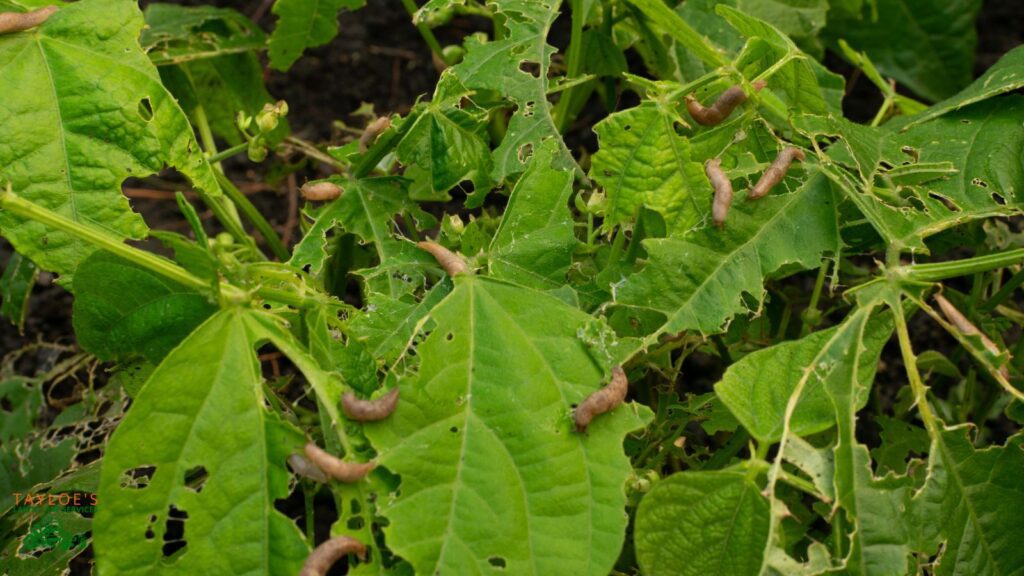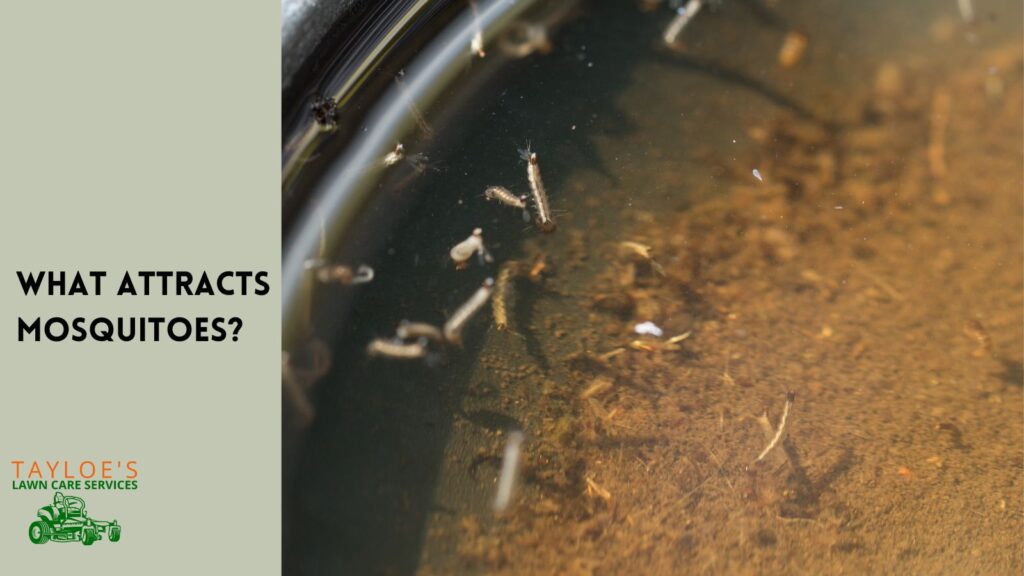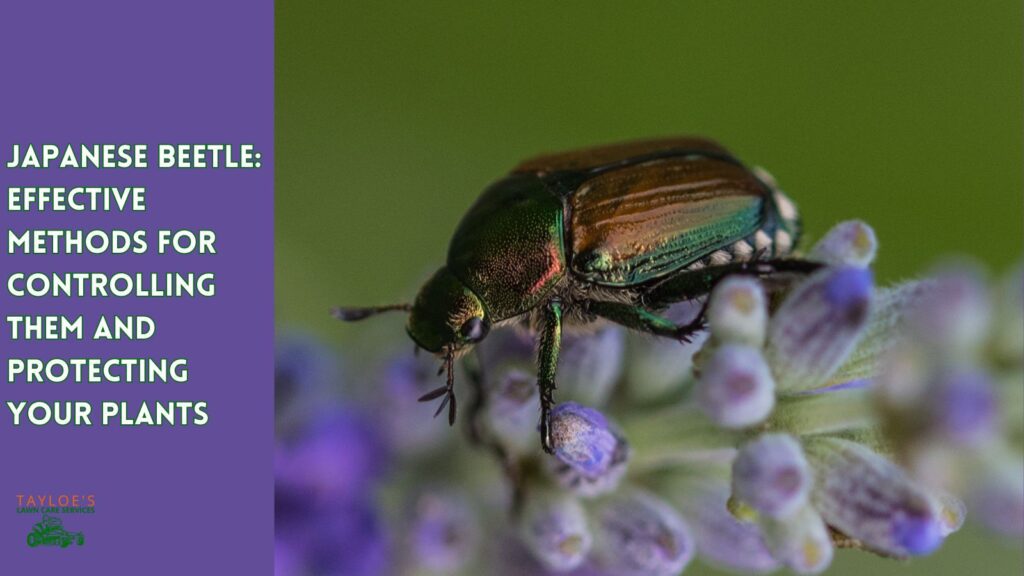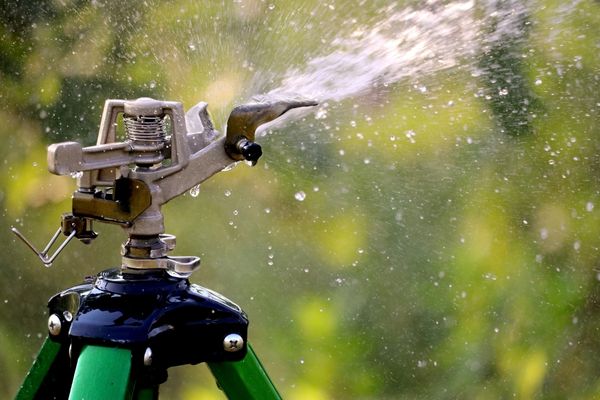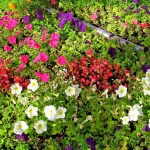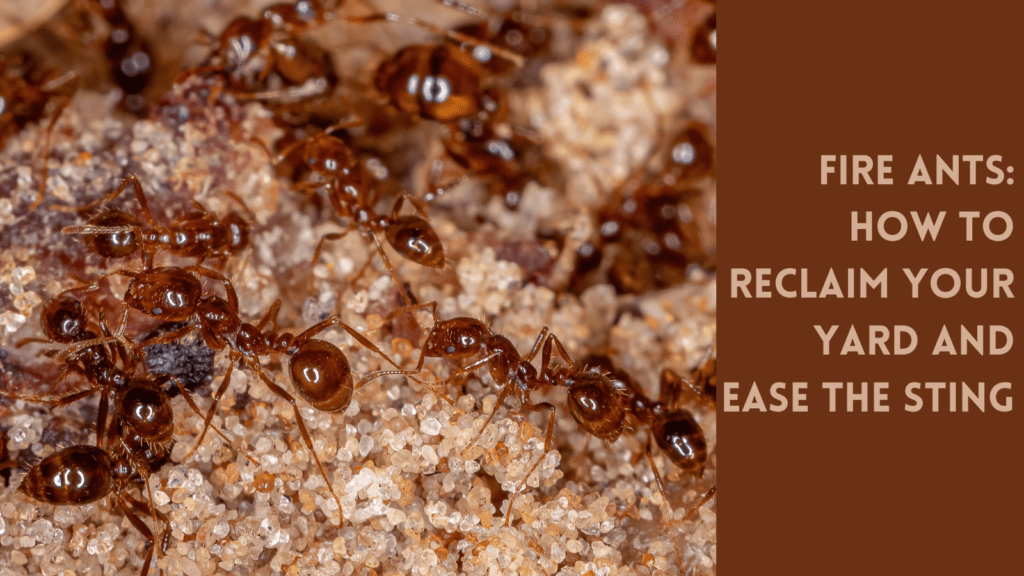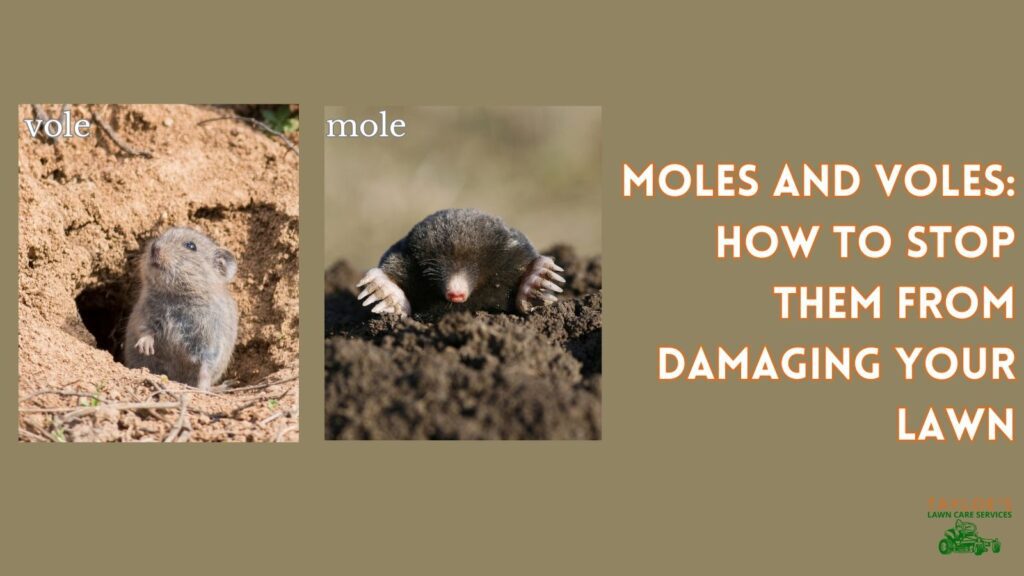Last Updated on: 6th December 2024, 10:48 am
Dealing with garden slugs can feel like an uphill battle.
Just when you think your garden is flourishing, these slimy critters sneak in, leaving a trail of destruction in their wake. Garden slugs.
But fear not! Whether you’re a seasoned green thumb or a budding gardener, our comprehensive guide is here to turn your slug struggles into a thing of the past.
We’ll explore everything from the telltale signs of slug damage to innovative, eco-friendly strategies that keep your plants safe and your garden thriving.
Expect to discover practical tips like creating barriers, choosing slug-resistant plants, and even harnessing natural predators.
So, ready to transform your garden into a slug-free zone?
Let’s dive right in and tackle those garden slugs together!
Understanding Garden Slugs
These little “slimies” can be a real headache for gardeners.
They’re not just any pests; these are sneaky, nocturnal munchers wreaking havoc on your beloved plants.
But, what exactly are they?
Slug Identification: Spotting the Culprit
Picture this: You’re strolling through your garden and notice some slimy trails on the leaves. Yep, you’ve got slugs.
These little critters vary in color, from dark black-brown to bright orange.
Knowing what they look like is key to tackling them. After all, you can’t fight an enemy you don’t recognize, right?
Damage Caused by Garden Slugs: The Telltale Signs
Those tiny holes in your lettuce? Classic slug work.
They’re not picky eaters, munching on everything from seedlings to vegetables. It’s like they throw a party in your garden every night!
Slug Behavior and Habitat: Knowing Your Enemy
Slugs love the good life – damp, cool, and shaded areas are their favorite hangouts.
They’re night owls too, doing most of their munching under the cover of darkness.
So, you’re likely to find them hiding under pots or leaves during the day, living it up by night.
Organic and Natural Control Methods
Now, let’s talk defense.
You might be thinking, “How do I stop these slimy intruders without harming my garden?”
Good news: there are plenty of organic methods.
Barriers and Repellents: The Great Wall for Slugs
Imagine creating a fortress around your plants. That’s what barriers do.
Copper tape is like an electric fence for slugs. When they touch it, they get a tiny shock that sends them packing.
Crushed eggshells? They work like a charm too. Their sharp edges are like walking on broken glass for slugs.
And if you’re into a beach vibe, surrounding your plants with sand or gravel creates a terrain too rough for their soft bodies.
Handpicking: The Old-School Method
It might sound a bit yucky, but handpicking slugs can be super effective.
Just put on some gloves, grab a flashlight, and go on a slug hunt at night. Think of it as a covert operation to protect your garden.
Natural Predators: Nature’s Pest Control
Nature’s got your back here. Birds, toads, and even certain insects love snacking on slugs.
By making your garden a haven for these creatures, you’re setting up a natural slug control squad.
Utilizing Traps and Baits for Garden Slugs
Sometimes, you’ve got to outsmart slugs with some clever tricks.
Let’s set some traps and baits that are as effective as they are eco-friendly.
Beer Traps: Cheers to Slug Control
Ever heard of a party trap for slugs? That’s basically what a beer trap is.
Bury a container in your garden, fill it halfway with beer, and watch as the slugs get lured in by the yeasty smell.
They fall in and, well, that’s the end of their garden party.
DIY Traps: Get Creative
You can also get creative with DIY traps. Flip over a citrus half or lay out a damp newspaper. Slugs will flock to these for shelter, and in the morning, you can collect and dispose of them.
It’s like setting a cozy little trap they can’t resist.
Organic Baits: The Safe Bet
If you’re not into the hands-on approach, organic baits are your go-to.
Iron phosphate baits are safe for pets and wildlife but deadly for slugs. Just sprinkle them around, and you’ve got an invisible shield protecting your plants.
Cultural Practices to Deter Slugs
Now, let’s tweak your garden’s lifestyle a bit.
Garden Maintenance: Cleanliness is Key
Keeping your garden tidy is like giving slugs an eviction notice.
Cut back on heavy mulch, clear up plant debris, and let more sunlight and air in.
It’s all about making your garden less slug-friendly.
Watering Practices: Timing Matters
Water your plants in the morning. Why? Because it gives the soil time to dry out by evening, making it less welcoming for slugs.
It’s like not leaving out snacks for the midnight raiders.
Companion Planting: Friends with Benefits
Some plants are like natural slug repellents. Think garlic, chives, and even some flowers. It’s like having a garden security team that also looks and smells great.
Eco-Friendly Garden Design to Discourage Slugs
Designing your garden with slug deterrence in mind can be both effective and aesthetically pleasing.
Garden Layout Tips: Smart Design
Arrange your plants and garden features in a way that discourages slugs. Elevated beds, less dense planting, it’s all about outsmarting the slugs with style.
Slug-Deterring Garden Features: More Than Just Looks
Features like ponds not only add beauty but also attract slug predators. It’s like having a decorative bodyguard for your plants.
Impact of Weather and Climate on Slug Activity
Slugs aren’t just random visitors; the weather and climate heavily influence them.
Seasonal Behavior: Know When Garden Slugs Strike
Slugs have their favorite seasons. Wet springs? It’s like their festival season.
Understanding this helps you prepare your garden defenses in time.
Adapting Control Methods to Climate: Customize Your Strategy
Your slug control methods should match your local climate. If it’s super wet, focus more on drainage and barriers.
Got a dry, hot summer? Maybe ease up on the watering. It’s all about playing to the weather’s tune.
Safe Slug Control and Pet Safety
If you’ve got furry friends at home, you’re probably worried about keeping them safe.
The good news is that many of these methods, like barriers and natural predators, are totally pet-friendly.
Always check the labels on any products and opt for non-toxic options.
FAQs: Putting Your Curiosity About Garden Slugs to Rest
What attracts slugs to my garden?
Slugs are mainly attracted to moist environments with plenty of plants. They love munching on leaves, flowers, fruits, and vegetables.
If your garden is a bit of a green paradise with damp soil – perhaps from frequent watering or natural humidity – that’s like an open invitation to these little critters.
What is the difference between garden slugs and snails?
Slugs and snails are like cousins in the gastropod family. The main difference? Snails carry a hard, coiled shell on their back, which they retreat into for protection.
Slugs, on the other hand, are basically snails without a shell. They’re more vulnerable but also more flexible in squeezing into various spaces.
What attracts slugs to my house?
Slugs in house? Slugs sneak into houses for the same reasons they love gardens – moisture and food. They’re drawn to damp areas like basements, kitchens, or bathrooms.
If you have plants indoors or food residues on the floor, that’s a bonus for them.
Keeping things dry and clean is key to making your home less appealing to these slimy guests.
What kills garden slugs instantly?
Salt is known to kill slugs almost instantly. It draws out moisture from their bodies, leading to dehydration.
But be cautious – using too much salt can harm your garden plants and soil.
What do slugs hate?
Slugs are not fans of certain smells and textures. They dislike the scent of herbs like garlic, rosemary, or lavender.
They also avoid crossing over abrasive surfaces such as crushed eggshells or diatomaceous earth. Creating barriers with these natural materials can keep them at bay.
Is slug slime harmful to humans?
While slug slime looks icky, it’s generally harmless to humans. It’s a natural secretion used for mobility and protection.
Just wash your hands after touching it. However, be mindful that some slugs can carry parasites, so it’s best not to handle them directly.
What to do with dead garden slugs?
With your gloves on, dispose of dead slugs in your compost bin or bury them in the garden. They decompose quickly and can actually contribute to soil nutrition.
How do I get rid of African snails permanently?
African snails in North Carolina?
It would be rare to find these critters in NC. However, they are highly invasive and arrived in the United States (Florida to be exact) by stowing away with an unwitting host. If you visit Florida, be sure none of them catch a lift back home with you!
African snails can be quite a challenge due to their size and reproductive rate.
Regularly removing them by hand (using gloves, of course) is a start.
You can also set up barriers like copper tape around plants, as snails avoid crossing copper. Biological control, like introducing natural predators, can also help in larger areas.
The battle isn’t over yet…
Garden Slugs: Your Key to Long-Term Management Success
Dealing with garden slugs isn’t just a one-time battle; it’s an ongoing war. That’s where long-term strategies come into play.
It’s all about staying vigilant and adapting your tactics as the seasons and slug populations change. You’re not just fighting the slugs you see; you’re preventing the next generation from taking over your garden.
But let’s be real, constantly monitoring and tweaking your slug control plan can be overwhelming.
It’s like trying to solve a puzzle that keeps changing its pieces. This is where enlisting professional support can make a significant impact.
Our team specializes in tailor-made slug management plans that evolve with your garden’s needs. We stay on top of the latest organic control methods and adjust strategies based on real-time observations and local climate conditions.
So, if you’re tired of playing guessing games with slugs, let us take the reins. With our expertise, you can enjoy a thriving, slug-free garden without the constant worry.
Ready to team up for a long-term solution?
Reach out today and say goodbye to your garden slug woes for good. Let’s turn your garden into the oasis it deserves to be – together. Contact Tayloe’s Lawn Care Services now for a slug-free future. Connect by calling or texting 252.287.3376.
Author Profile

- Maureen Abuor
- Maureen Abuor is a professional content marketing strategist and SEO strategist, with particular knowlege of creating landscaping and gardening content that informs and delights her audience. When she's not working, she's a busy mother of three precious little ones and child of God.
Latest entries
 Lawn CareApril 29, 2025Best shady area grass seed for Eastern NC
Lawn CareApril 29, 2025Best shady area grass seed for Eastern NC GardeningApril 15, 2025How do I make organic soil for the garden?
GardeningApril 15, 2025How do I make organic soil for the garden? Flower GardenMarch 7, 2025What are wave petunias?
Flower GardenMarch 7, 2025What are wave petunias? Flower GardenMarch 3, 202520 Full-sun annuals for your spring and summer garden
Flower GardenMarch 3, 202520 Full-sun annuals for your spring and summer garden

